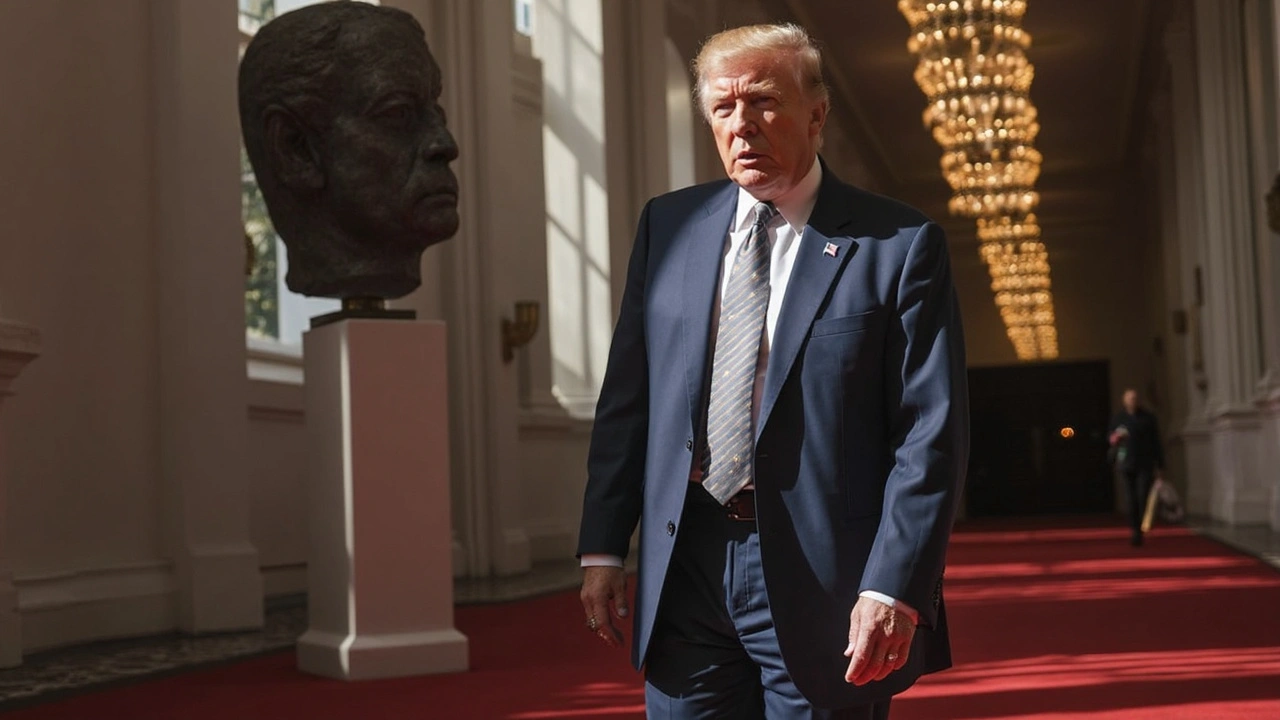Understanding Taxpayer Costs: What They Are and Why They Matter
Have you ever wondered where your taxes actually go and what "taxpayer costs" mean? In simple terms, taxpayer costs refer to money that governments spend, which ultimately comes from the taxes paid by people like you and me. These costs cover everything from public services and infrastructure to salaries of government workers and funding for national programs.
It’s important to get clear on taxpayer costs because it helps you see how effectively your money is being used. When governments spend wisely, the benefits show up in better schools, roads, healthcare, and more. But when costs spiral without clear results, it means taxpayers might be footing the bill for waste or poor planning.
Where Does Your Tax Money Go?
Government budgets are complicated, but majority of taxpayers’ money typically goes into essential public services. This includes education, public safety like police and fire departments, social programs, and infrastructure development like roads and public transport. Additionally, a significant portion supports government administration and national defense.
However, there are times when taxpayer costs increase due to unexpected events or policy changes. For example, if a government faces economic troubles or needs to fund large projects, the money required might mean higher taxes or cuts elsewhere. That’s why it’s crucial to hold governments accountable for how they spend public funds.
Why Should You Care About Taxpayer Costs?
Understanding taxpayer costs puts you in a better position to demand transparency and smarter spending. If your city or country is running a tight budget but still spending millions on projects that don't benefit the community, it’s fair to ask questions. Plus, knowing how your tax money is managed helps you engage in discussions about policy and government priorities.
Remember, taxpayer costs aren’t just numbers on a page; they affect your everyday life — from the quality of roads you drive on to how well schools and hospitals operate. So next time you hear about government spending, think about the value you’re getting for what you pay. It’s your money, after all, and it should serve you well.
Trump Cuts Off Secret Service Protection for Biden's Children Citing High Costs
President Trump ended Secret Service protection for Hunter and Ashley Biden, citing excessive taxpayer costs. He claimed Hunter had 18 agents, while Ashley had 13. Trump criticized Hunter's vacation in South Africa amidst controversial politics. Secret Service confirmed compliance with the change, effective immediately. While protection is generally extended six months post-presidency, this decision halts it as of now.

